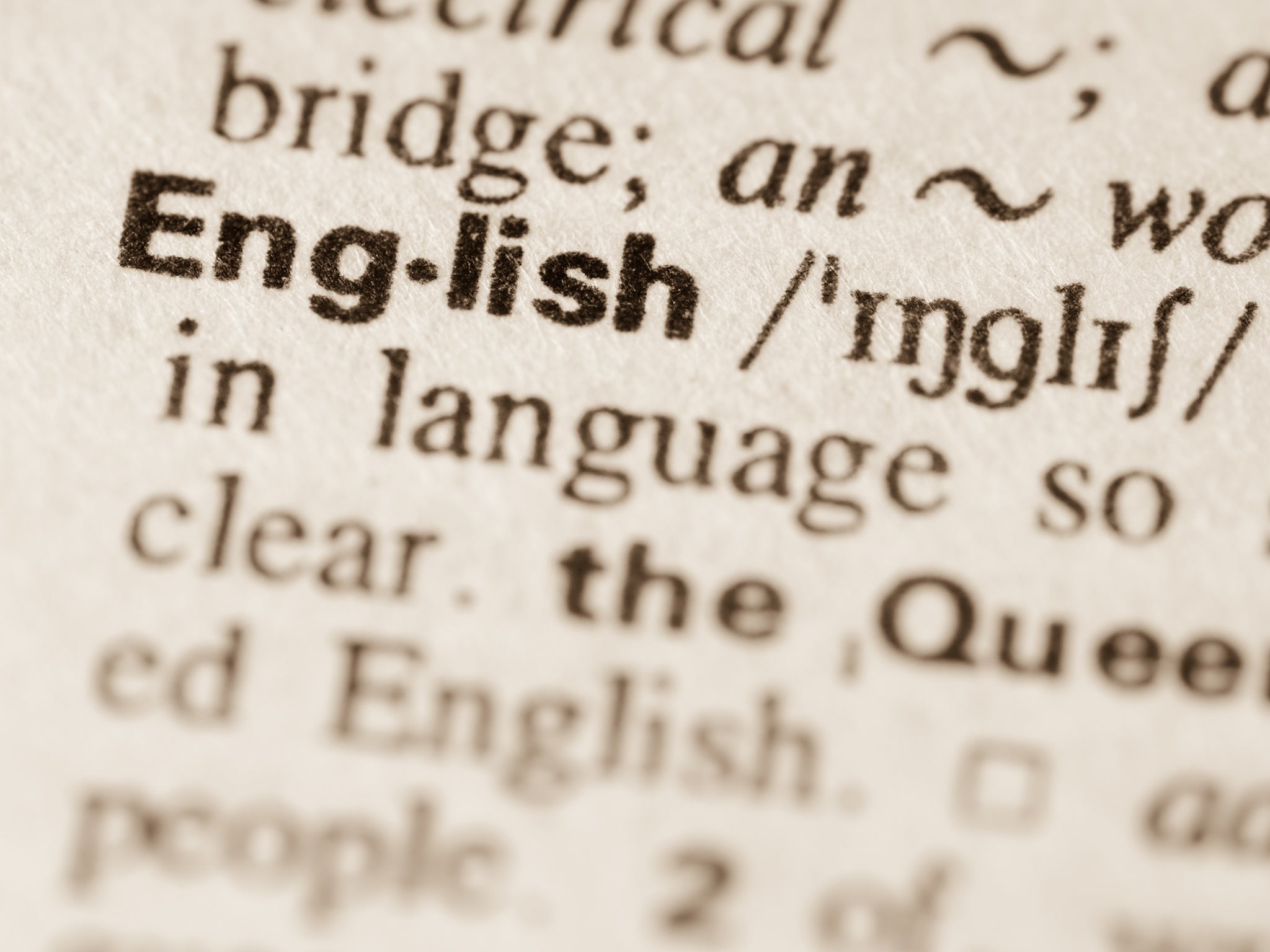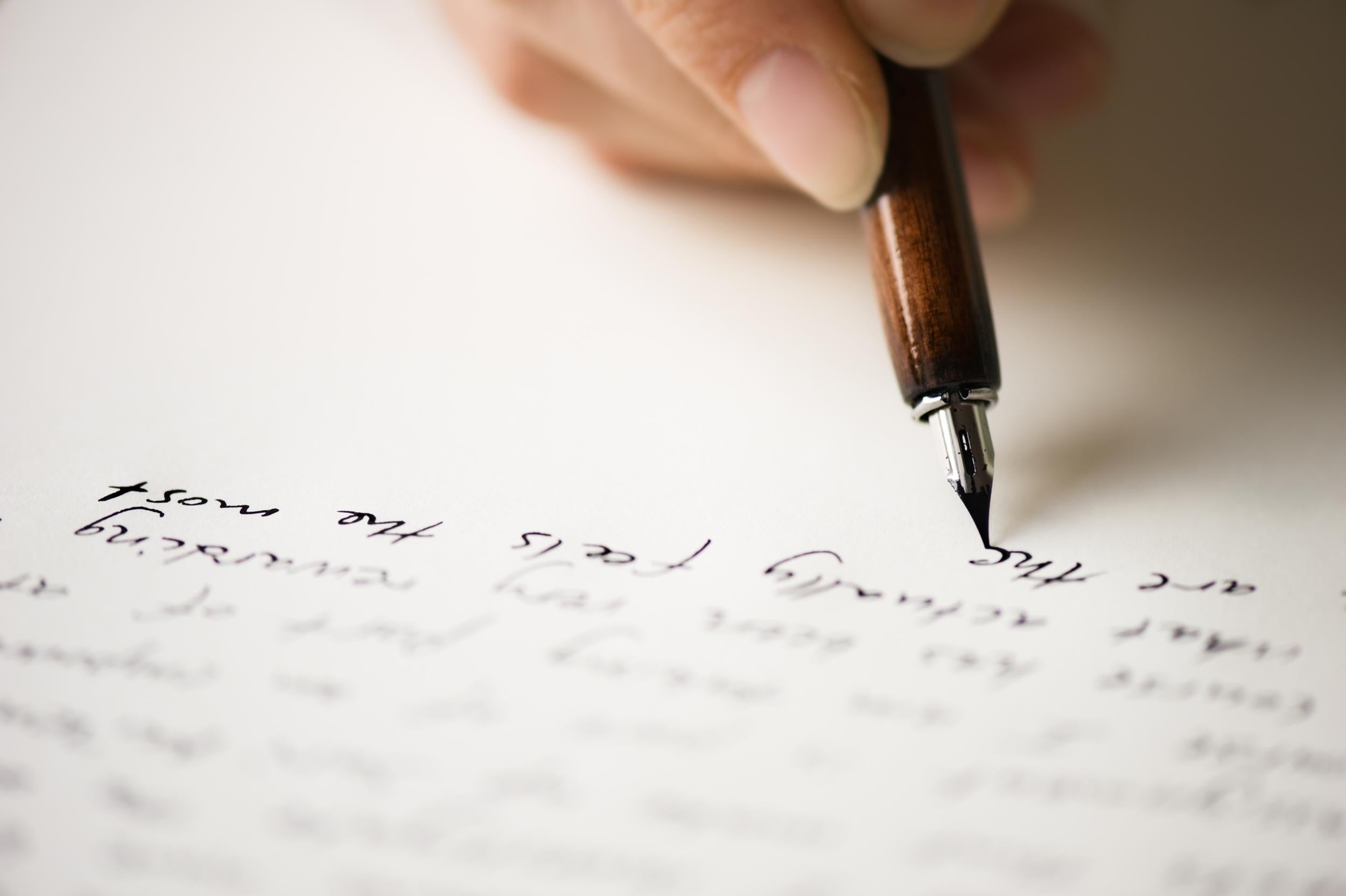‘You might call it the bad boy, or cool girl, of punctuation’: A love letter to the em dash
Why do people care so much about a piece of – no offence – punctuation, asks Kate Mooney

After the Oxford comma debate and the death knell of the period, the latest mark to define and divide us – breaking up our thoughts, adding emphasis to our convictions, alternately vexing and delighting readers – is the em dash.
For some writers, the em dash is a vice that their editors occasionally forgive but more often forbid. It has been duly cast as an alluring alternative to the comma, colon, semicolon and full stop in the “distracted boyfriend” meme.
The longest of the dashes – roughly the length of the letter “M” – the em dash is emphatic, agile and still largely undefined. Sometimes it indicates an afterthought. Other times, it’s a fist pump. You might call it the bad boy, or cool girl, of punctuation. A freewheeling scofflaw. A rebel without a clause.
Martha Nell Smith, a professor of English at the University of Maryland and the author of five books on poet Emily Dickinson (the original em dash obsessive), said that Dickinson used the dash to “highlight the ambiguity of the written word”.
“The dash is an invitation to the reader to make meaning,” Nell Smith says. “It can also be a leap of faith.”
Grammarians don’t necessarily see it that way. Mary Norris, the New Yorker’s “Comma Queen” and the author of Between You and Me a foray into all manner of spelling and punctuation issues, says the em dash “can be substituted for almost any other mark of punctuation: the comma, the semicolon, the colon, the period, a pair of parentheses, the quotation mark, even a bullet point in the making of a list”. Just don’t use more than two in a sentence, according to some experts.

The informal em dash also lends itself to the rapid, fragmented pace of digital communication. As such, it has begun popping up in texts, tweets and even Tinder messages.
“It’s this great piece of punctuation that gets at the emphasis of how people really talk,” says Rachel Holliday Smith, a reporter for New York paper The City and an active participant in em dash Twitter.
Cecelia Watson, the author of Semicolon, a guide to that punctuation mark’s correct usage, says it has a kind of “urgency to it, almost like a little arrow that’s missing its arrowhead. It has that businessy but also breezy look to it. Nobody really gets intimidated by a dash.”
Which is why the em dash appears in so many contexts: lyrical fiction, news briefs, movie titles. It can sit at any table in the cafeteria. Whereas the hyphen and en dash (a midlength dash, roughly the length of the letter n, commonly used to indicate range) have specific use cases, the em dash contains multitudes.
But not everyone is a fan. Online, opinions abound about how and when one ought to use the thin horizontal line. The takes can be surprisingly emotional.
When the author Alexander Chee recently tweeted: “Em-dash is the ‘just belt it and go’ of punctuation. Thus my devotion to it,” he inspired replies from legions of devotees.
Earlier this year, the writer Laura van den Berg confessed in her own tweet that “after years of resistance” she had fallen “into headlong love with the em dash. I love the way it can create the feeling of a fractured/incomplete/interrupted line or thought.”
Gretchen McCulloch, the author of Because Internet about how the web is changing our language, describes the em dash’s tone as “faux casual”, since it takes some know-how to implement in digital conversation. There isn’t an em dash button on a standard keyboard, she said, so “you have to go to extra effort”. That may mean shortcuts, or worse: copying and pasting em dashes from previously published work.
Those who don’t know better might use two successive hyphens to indicate an em-dash-like interruption. In her book Type Rules!, Ilene Strizver describes this as a “typographically incorrect and downright ugly practice”.
Emmy Jo Favilla, a brand voice manager at BuzzFeed, has publicly declared her love of the dash digitally (her Twitter handle is @em_dash3) and physically (a tattoo of the proofreader’s mark for the em dash sits behind her ear).
“There are few things more beautiful than a strategically placed em dash,” said Favilla, who was previously BuzzFeed’s copy chief. “But many overuse the dash, which can weaken its effect and turn a paragraph into something resembling Morse code.”
Diehards won’t hear it. “If anyone comes for an em dash and tries to say that it’s used too much, I’m willing to defend it with my life,” Holliday Smith says.
I didn’t realise my love for the em dash was personal until I was looking at a dating profile recently. Under things he’s “a fan of”, my potential match had listed “deleting em dashes” between “diner booths” and “kink”.
Reader — I swiped left.
© New York Times

Join our commenting forum
Join thought-provoking conversations, follow other Independent readers and see their replies
Comments
Bookmark popover
Removed from bookmarks